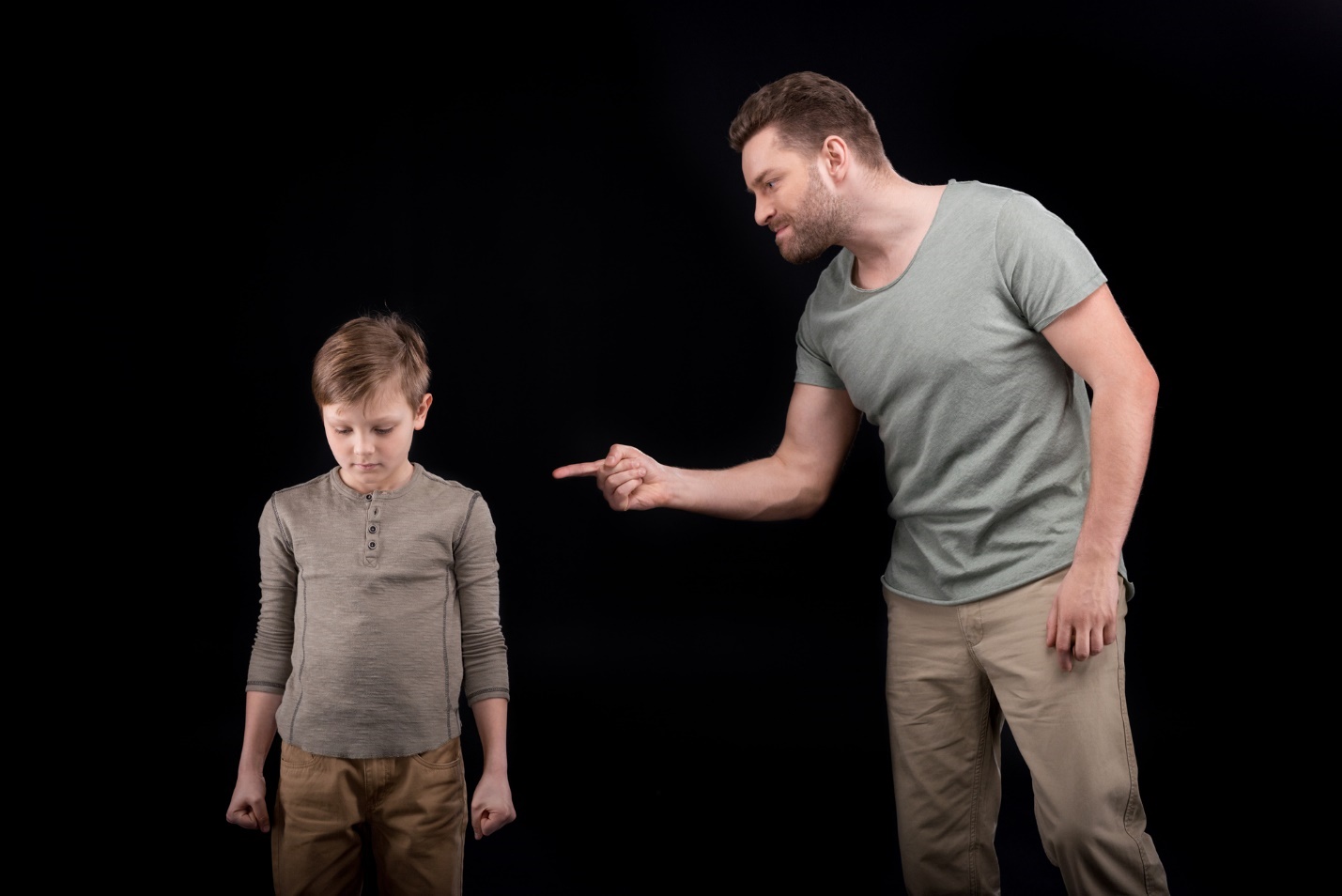BP 136

“And Jesus went throughout all the cities and villages, teaching in their synagogues and proclaiming the gospel of the kingdom and healing every disease and every affliction. When he saw the crowds, he had compassion for them, because they were harassed and helpless, like sheep without a shepherd” ~ Matthew 9:35, 36.
About this passage in scripture, a friend of mine, Craig Norsten, commented, “In mountainous regions cattle can be driven into the high pastures in the spring where they will graze unattended. Not so for flocks of sheep. Wherever sheep are found, there will be a shepherd. Sheep are small and vulnerable and prone to wander.”
Prone to wander.
British composer and teacher Geoffrey King said it even more strongly: “For some [sheep], our greatest ability seems to be to get away from the Shepherd.”
So, we as sheep are harassed and helpless and without a shepherd. But we also wander from our shepherd and even attempt to get away from our shepherd. We run and hide and even resist the shepherd.
In many ways, human parents and God are shepherds who attempt to protect, guide, and call their sheep to safe pastures or the safety of the sheep pen. But both God the Father and human parents know that their sheep tend to wander like the Prodigal child of Luke 15—the lost son or the lost daughter. Even more than just being lost, these sheep often run away from God and/or their parents.
Children (human sheep) are born in a fallen state. They are hard-wired to color outside the lines. They say things like, “You’re not the boss of me,” or “You’re not fair,” or “I hate you,” or “You don’t even love me (which really means, I don’t love you in the heat of my dysregulated emotions when you exercise authority over me).” Anger, rebellion, and manipulation are rampant in human sheep whenever someone tries to guide them or limit them.

These sheep demand, “I want what I want when I want it and if you don’t give it to me then you are all bad and I hate you.” It is all about primitive desire, and such desire is not just found in the two-year-old but also in “adults” who run from the authority of the shepherd.
Ephesians 2:1 says, “And you were dead in the trespasses and sins in which you once walked, following the course of this world, following the prince of the power of the air, the spirit that is now at work in the sons of disobedience—among whom we all once lived in the passions of our flesh, carrying out the desires of the body and the mind, and were by nature children of wrath, like the rest of mankind.”
How does a parent respond to such a wayward sheep/child (and how does a legitimate authority figure respond to adults who are similarly wayward)? Generally speaking, they can respond out of three primary positions: Permissive, Authoritative, or Authoritarian. So how do parents practicing these three parenting positions respond to their rebellious children, and how does God respond to rebellious, wayward adults?
Let’s put an example out there, e.g., how would a parent respond to a child who stole his friend’s Nintendo Switch.
Permissive Parents might bury their head in the sand. Ignore what happened. Walk away. Or they might say something like, “Jimmie, you know it’s not nice to take other people’s things. When you’re done playing with it, be sure to bring it back,” and then walk away without entering into the moment to give them a consequence and teach them a life truth.
Permissive Parents can be “nice”, disengaged, or even coddle their child. I suppose an extreme example of a poor response by a permissive parent would be to comment concerning the stolen device, “Finders Keepers. Losers Weepers.”
Pity the poor human sheep born into such a permissive environment. They will most likely grow up to be lawless–unless someone other than their parents intervenes in their lives and teaches them, for example, law enforcement, teachers, therapists, wiser relatives, bosses, pastors, or best of all, Jesus–or have an entitled view of the world with little or no empathy for others. If I want something, I will simply take it.
Permissive Parents are under responders.

At the other extreme of the spectrum, the Authoritarian Parents are overreactors. Concerning the stolen Nintendo Switch, they usually will make their child feel bad and ashamed but do little to teach him anything instructive. They might explode at the child and yell that he doesn’t have the sense he was born with or that he’s a mistake or that he will grow up to be a thief and a liar. They could even react with physical violence designed to make the child feel bad but without any loving, healthy discipline in it. They might even ground the child for three months.
The human sheep of Authoritarian Parents may grow up to be compliant adults who will enter into relationships with people who will control them or abuse them or shame them. Or they may themselves identify with the authoritarianism of the parent and become controlling and wrathful and shaming themselves. Their M.O. is to make others feel bad, not to teach them the truth and healthy behaviors and love.
Finally, we have the Authoritative Parents. These parents fall on the spectrum between the extremes of the authoritarian and the permissive parents. They will strive not to under respond or overreact. They will be intentional about giving their child a consequence for stealing the Switch but will, most importantly, work hard to teach them a life lesson.
They may say something corrective to their child like, “We will certainly be tempted to do things in life that we know are wrong. Sometimes, we will listen to those temptations and choose unwisely and sin against others and God. When we do, we must admit our sin and go and make it right with the other person. God rejoices when we admit our mistakes and ask for His forgiveness. You will live a longer, healthier life with more joyful relationships and less anxiety and shame if you say no to temptation and admit your sin when you do something wrong. I will need to give you a consequence for your behavior that will not feel good, but it will remind you not to do something like that again and to learn how to make better choices that will please God and lead to amazing relationships with other humans.”
In brief, permissive parenting is moving away from the child, authoritarian parenting is moving against the child, and authoritative parenting is moving toward the child. Do you remember seeing these three options of how to relate to people in past posts?
So, what kind of parenting style do you think God uses? Certainly, He rises above our restrictive human constructs of authoritarian, permissive, and authoritative. However, from Scripture it seems clear that He does not wish to rub the face of His sheep in their sins but neither does He wink at evil. As a holy Father who desires His children to obey Him and have the most joyful lives, He gives us commandments as guardrails to protect us and also lovingly provides consequences that will teach us wisdom when we do disobey.
He does not move away from us or against us but toward us, His lost sheep.

I view God as an authoritative parent who does not under respond to sin but neither does He overreact. He is the most predictable Being in the universe who does not overlook sin but dealt with it through His Son. He does not punish in the sense of simply inducing shame in His straying sheep but disciplines them so they will follow the path of life.
Psalm 145 says, “The LORD is gracious and merciful, slow to anger and abounding in steadfast love. The LORD is good to all, and his mercy is over all that he has made.”
But Scripture also says in Exodus 34, “The LORD passed before him [Moses] and proclaimed, ‘The LORD, the LORD, a God merciful and gracious, slow to anger, and abounding in steadfast love and faithfulness, keeping steadfast love for thousands, forgiving iniquity and transgression and sin, but who will by no means clear the guilty, visiting the iniquity of the fathers on the children and the children’s children, to the third and the fourth generation.”
Micah 7 also says, “Who is a God like you, pardoning iniquity and passing over transgression
for the remnant of his inheritance? He does not retain his anger forever, because he delights in steadfast love. He will again have compassion on us; he will tread our iniquities underfoot. You will cast all our sins into the depths of the sea.”
Clearly, we have a divine parent who will not be permissive and overlook the terrible consequences of sin or be authoritarian, annihilating us with shame and driving us with condemnation into the hands of the devil (although human parents may do such a thing). Rather, He will call us to run to His Son and seek shelter in His righteousness.
In truth, healthy parenting is about being present for your child. It’s always about the relationship.
In the end, it is not the individual sins that are as terrible as living apart from and rejecting the imputed righteousness of Jesus Christ. He takes our sin and gives us His goodness. It is belief in the Savior and a holy status before God that are the solution to sin. In the gospel, we encounter not only an authoritative Father but a God of grace who gives us good things we do not deserve. He adopts us into His family and calls us children of the Light.

So, whether you are a parent now of human sheep or one day will be, seek to be the authoritative parent who will not permissively move away from your child or move in an authoritarian spirit against the child but who will move toward them to discipline them to become wise, obedient, and kind to others. Be the authoritative parent who, like the heavenly Father, corrects sin but delivers it with love, mercy, and grace—and is slow to anger.
“It is for discipline that you have to endure. God is treating you as sons. For what son is there whom his father does not discipline? If you are left without discipline, in which all have participated, then you are illegitimate children and not sons. Besides this, we have had earthly fathers who disciplined us and we respected them. Shall we not much more be subject to the Father of spirits and live? For they disciplined us for a short time as it seemed best to them, but he disciplines us for our good, that we may share his holiness. For the moment all discipline seems painful rather than pleasant, but later it yields the peaceful fruit of righteousness to those who have been trained by it ~ Hebrews 12:7-11.
